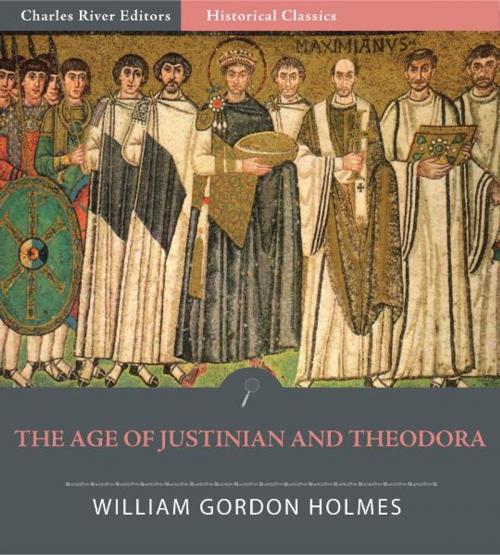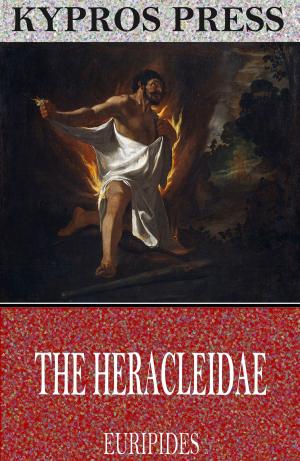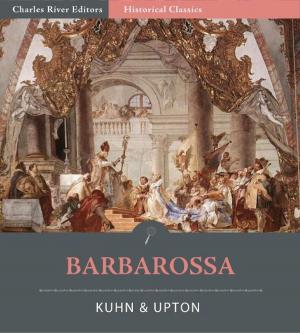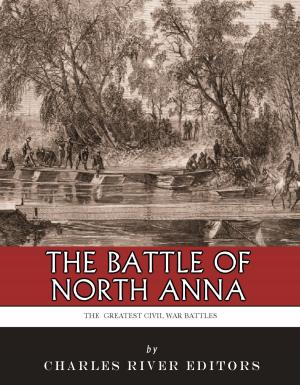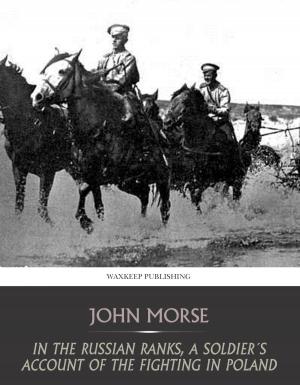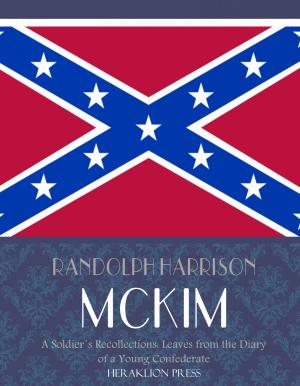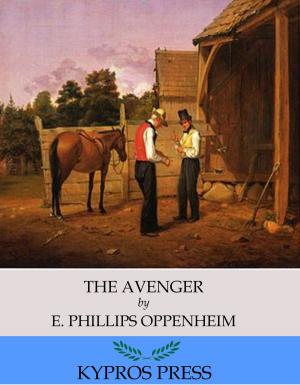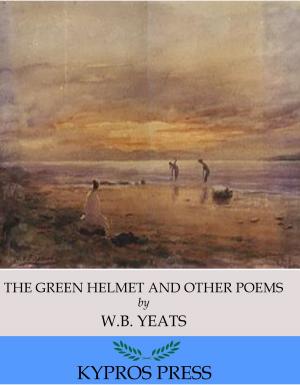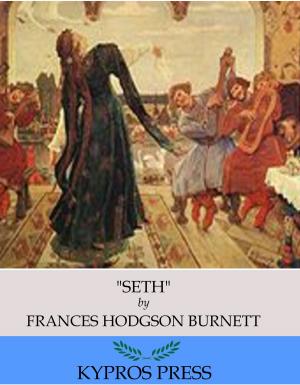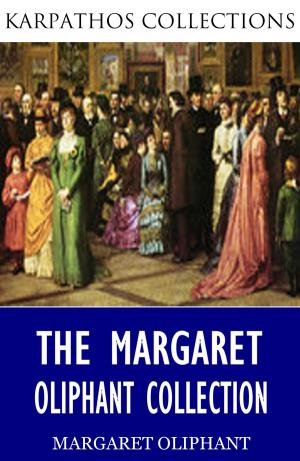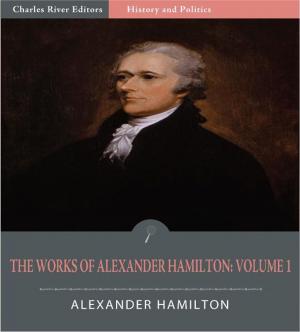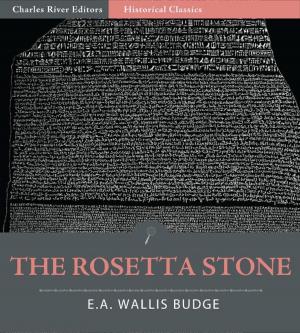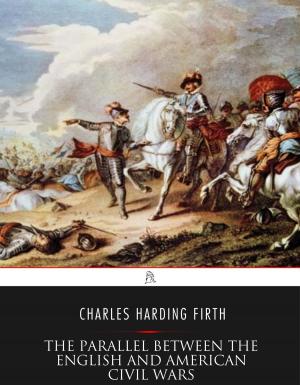The Age of Justinian and Theodora: A History of the 6th Century A.D.
Nonfiction, History, Ancient History, Rome, Medieval, Middle East| Author: | William Gordon Holmes | ISBN: | 9781619823969 |
| Publisher: | Charles River Editors | Publication: | February 3, 2012 |
| Imprint: | Language: | English |
| Author: | William Gordon Holmes |
| ISBN: | 9781619823969 |
| Publisher: | Charles River Editors |
| Publication: | February 3, 2012 |
| Imprint: | |
| Language: | English |
Justinian I ,commonly known as Justinian the Great, was Eastern Roman Emperor from 527 to 565. During his reign, Justinian sought to reconquer the lost western half of the classical Roman Empire. Justinian's reign is marked by the ambitious but only partly realized renovatio imperii, or "restoration of the Empire".This ambition was expressed by the partial recovery of the territories of the defunct Western Roman Empire. His general Belisarius conquered the Vandal Kingdom in North Africa, extending Roman control to the Atlantic Ocean. Subsequently Belisarius, Narses, and other generals conquered the Ostrogothic Kingdom, restoring Dalmatia, Sicily, Italy, and Rome to the Empire after being under barbarian control for over half a century. The prefect Liberius reclaimed most of southern Iberia, establishing the province of Spania. These campaigns re-established Roman control over the western Mediterranean. During his reign Justinian also annexed Lazica, a region on the east coast of the Black Sea that had never been under Roman rule before. A still more resonant aspect of his legacy was the uniform rewriting of Roman law, the Corpus Juris Civilis, which is still the basis of civil law in many modern states. His reign also marked a blossoming of Byzantine culture, and his building program yielded such masterpieces as the church of Hagia Sophia, which was to be the center of Eastern Orthodox Christianity for many centuries. The Age of Justinian and Theodora covers the Golden Age of the reign of Justinian and his campaigns, as well as a discussion on more personal aspects of the emperor and his wife Theodora.
Justinian I ,commonly known as Justinian the Great, was Eastern Roman Emperor from 527 to 565. During his reign, Justinian sought to reconquer the lost western half of the classical Roman Empire. Justinian's reign is marked by the ambitious but only partly realized renovatio imperii, or "restoration of the Empire".This ambition was expressed by the partial recovery of the territories of the defunct Western Roman Empire. His general Belisarius conquered the Vandal Kingdom in North Africa, extending Roman control to the Atlantic Ocean. Subsequently Belisarius, Narses, and other generals conquered the Ostrogothic Kingdom, restoring Dalmatia, Sicily, Italy, and Rome to the Empire after being under barbarian control for over half a century. The prefect Liberius reclaimed most of southern Iberia, establishing the province of Spania. These campaigns re-established Roman control over the western Mediterranean. During his reign Justinian also annexed Lazica, a region on the east coast of the Black Sea that had never been under Roman rule before. A still more resonant aspect of his legacy was the uniform rewriting of Roman law, the Corpus Juris Civilis, which is still the basis of civil law in many modern states. His reign also marked a blossoming of Byzantine culture, and his building program yielded such masterpieces as the church of Hagia Sophia, which was to be the center of Eastern Orthodox Christianity for many centuries. The Age of Justinian and Theodora covers the Golden Age of the reign of Justinian and his campaigns, as well as a discussion on more personal aspects of the emperor and his wife Theodora.
